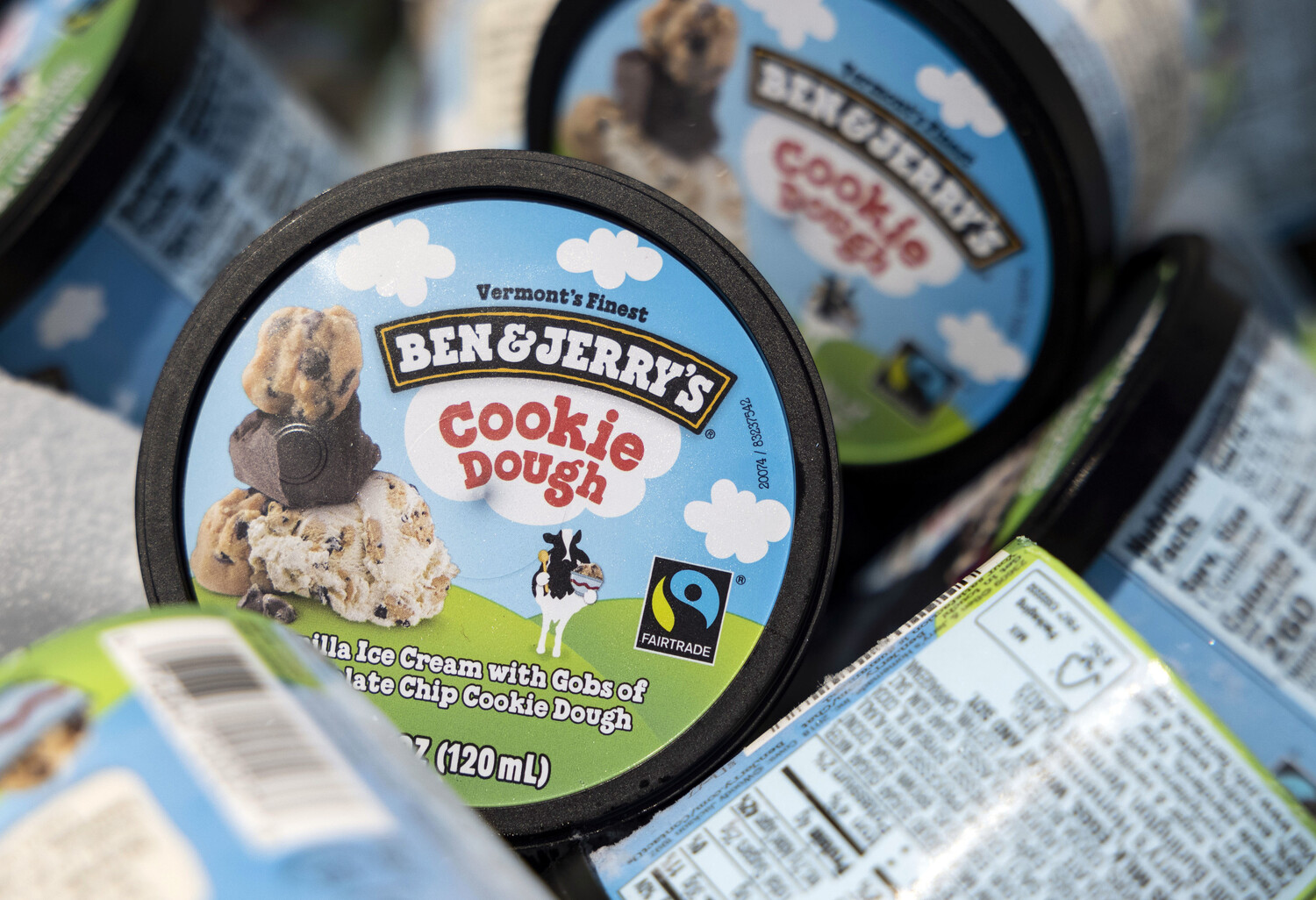In the Dove Campaign, Dove got a forensic artist to draw women the way they picturized themselves. The powerful video started a movement and motivated many women to believe in themselves and see their natural beauty. This Grassroots marketing strategy made people think about the deep-rooted social conditioning that defines beauty standards for women. But what is Grassroots Marketing?
Using a targeted and highly niche audience, Grassroots Marketing creates interest in a product, brand, or idea. It relies heavily on social media to succeed. Understanding grassroots marketing can come in handy while crafting your marketing strategy. Grassroots marketing may provide a strong cascade effect that propels sustainable growth and brand awareness by utilizing the excitement and support of devoted consumers.
We will analyze some great examples of Grassroots Marketing. So continue reading to learn about the effectiveness of grassroots marketing. Before we see some examples, let’s understand more about Grassroots Marketing.
What do you mean by Grassroots Marketing?
When one hears about grassroots marketing, the first thing that comes to mind is: what is grassroots marketing? Marketing that focuses on establishing a local or communal connection with a target audience is called grassroots marketing. By starting at the “grassroots” level, it is possible to increase brand recognition and develop deep relationships with customers. Smaller companies or organizations with fewer resources but aim to build a solid consumer base frequently adopt this strategy.
10 Biggest Examples of Grassroots Marketing
Many different forms of grassroots marketing exist, but some of the most prominent examples are as follows:
1. TOMS Shoes
TOMS Shoes is well-known for its ‘One for One’ initiative, which distributes a pair of shoes to a young person in need for each pair of shoes purchased. This program has assisted TOMS Shoes in establishing a devoted client base that appreciates the brand’s dedication to social responsibility.
TOMS Shoes has embraced grassroots marketing strategies like pop-up shops, community events, and its charitable endeavors to interact with customers more intimately.
2. Airbnb
Thanks partly to its grassroots marketing initiatives, Airbnb has emerged as a significant player in the hotel sector. The business has used social media sites like Twitter and Instagram to establish connections with guests and hosts. It has even introduced an ‘Airbnb Experiences’ line that lets customers reserve unusual vacation activities guided by locals.
Airbnb has been able to increase its user base and establish itself as a reliable and trustworthy vacation alternative by strongly emphasizing creating a sense of community and authenticity.
3. Ben & Jerry’s
Known for its dedication to social responsibility, Ben & Jerry’s has long employed grassroots marketing strategies to spread its message.
Through initiatives like ‘Get the Dough Out of Politics’, Ben & Jerry’s has connected with customers on a deeper level than would be possible with conventional marketing strategies. Due to this strategy, the company has developed a devoted consumer base that values its social and environmental actions.
4. Warby Parker
Warby Parker’s direct-to-consumer business strategy and low costs have rocked the eyewear market, but the company’s grassroots marketing initiatives have also contributed to its success. To engage with customers in a more personal way, Warby Parker has employed pop-up stores and mobile showrooms. The company has even introduced a ‘Home Try-On’ program that enables customers to try on eyeglasses before purchasing them.
Warby Parker has developed a devoted customer base that appreciates the company’s dedication to accessibility and affordability by making the purchasing process more convenient and personalized.
5. Patagonia
Patagonia, a clothing company, is another example of effective grassroots advertising. It has established a solid reputation for its dedication to social and environmental problems. With numerous programs, including its ‘Worn Wear’ project, which encourages consumers to repair and reuse their Patagonia gear instead of tossing it away, the company has interacted with customers locally.
A devoted client base that supports the company’s values and mission has been developed thanks to this initiative.
6. Ice Bucket Challenge
The “Ice Bucket Challenge,” which became popular on social media in 2014, is another instance of grassroots marketing in action. To raise awareness for the neurodegenerative disease ALS, participants in the challenge poured ice water from a bucket over their heads.
The ALS Association launched the campaign, but it immediately gained traction as everyday people and celebrities started posting videos of themselves accepting the challenge on social media. The Ice Bucket Challenge spread worldwide and raised over $220 million for ALS research.
7. Dropbox
Another business that has used grassroots marketing to promote growth and cultivate a devoted clientele is Dropbox. The word-of-mouth recommendations helped the cloud-based file storage business grow in popularity from its humble beginnings.
By rewarding customers with more storage space for each referral, Dropbox encouraged users to tell their friends to try the service. This aided in user growth. Dropbox’s user-friendly interface made it easier for customers to refer their friends to the service, sparking organic growth.
8. The Honest Company
Actress Jessica Alba established The Honest Company, which has gained popularity by emphasizing openness, environmental sustainability, and social responsibility. The company’s products are made with safety and the environment in mind, and its marketing initiatives have outlined the relevance of making moral and sustainable buying choices.
To foster a sense of community and brand advocacy, The Honest Company established a solid social media presence and communicated with customers directly through its blog and email newsletters.
9. Red Bull
Using grassroots marketing, Red Bull has developed a reputation for extreme sports and adventure. The firm has sponsored various events and athletes, from Formula 1 racing to extreme skiing and snowboarding, to build enthusiasm and energy around its brand.
Red Bull has also used social media and content marketing to disseminate tales of extreme sports and adventure to cultivate a fervent following and create talk about its products.
10. GoPro
By focusing on user-generated content and developing a community of ardent users around its products, GoPro has amassed a devoted following. The company makes action and adventure-capturing cameras, and in its marketing, it emphasizes the thrill of extreme sports and outdoor pursuits, serving a good lesson on how the choice of sports marketing is different from event marketing when it comes to highlighting the selling point of a product. GoPro was always meant for the outdoorsy people who needed something lightweight and hardcore to capture their sports.
In addition, GoPro has urged users to post their pictures and films, fostering a feeling of community and user-generated content that has fueled growth and developed a devoted following of customers.
See Also: What is Geofencing Marketing? How to use it?
FAQs
What is Grassroots Marketing?
A: Grassroots marketing is a marketing approach that focuses on assembling and enlisting a group of brand evangelists or clients to promote a good or service via word-of-mouth and peer-to-peer contact. Instead of employing conventional advertising techniques, it frequently entails directly engaging with consumers.
What advantages does grassroots marketing offer?
A: Creating buzz and a devoted following of brand advocates can be done affordably through grassroots marketing. Although customers are likelier to believe recommendations from friends and colleagues than traditional advertising, it can also be more genuine and trustworthy. Furthermore, because it can frequently be customized to target particular demographics or geographical regions, grassroots marketing enables businesses to establish more intimate connections with their target markets.
How can I implement a Grassroots Marketing strategy for my business?
A: Following are the points to implement a grassroots marketing strategy for your business-
- Choose your target market: Understand your target audience's demands and interests.
- Establish connections: Be personal with your target audience and establish relationships based on mutual respect and shared ideals.
- Use social media: Connect with your audience on social media and share your message through free and paid advertising.
- Engage in neighborhood activities: Sponsor and participate in neighborhood events to connect with your neighborhood and grow your brand.
- Promote referrals: To get your clients to tell their friends and family about your company, offer referral programs and rewards.
Conclusion
In conclusion, grassroots marketing is a powerful instrument. It may assist companies in forging enduring bonds with clients and fostering a positive brand image. Businesses may promote a feeling of community. They can learn a lot about the wants and requirements of their clients by interacting with them locally.
While companies may take many other approaches to interact with their customers, grassroots marketing, coupled with a thorough understanding of RTB in marketing, has emerged as a successful and well-liked strategy for companies of all sizes and sectors.












